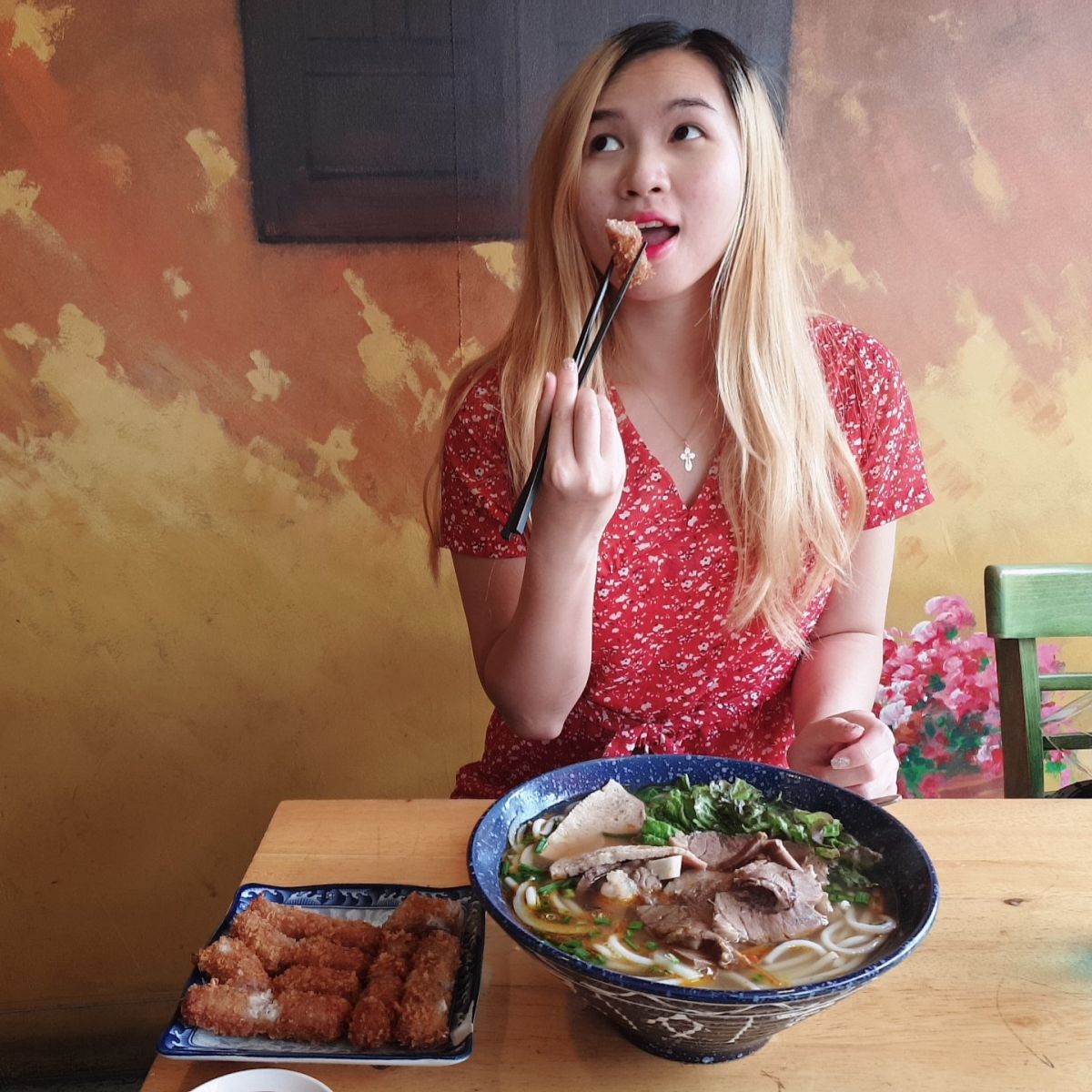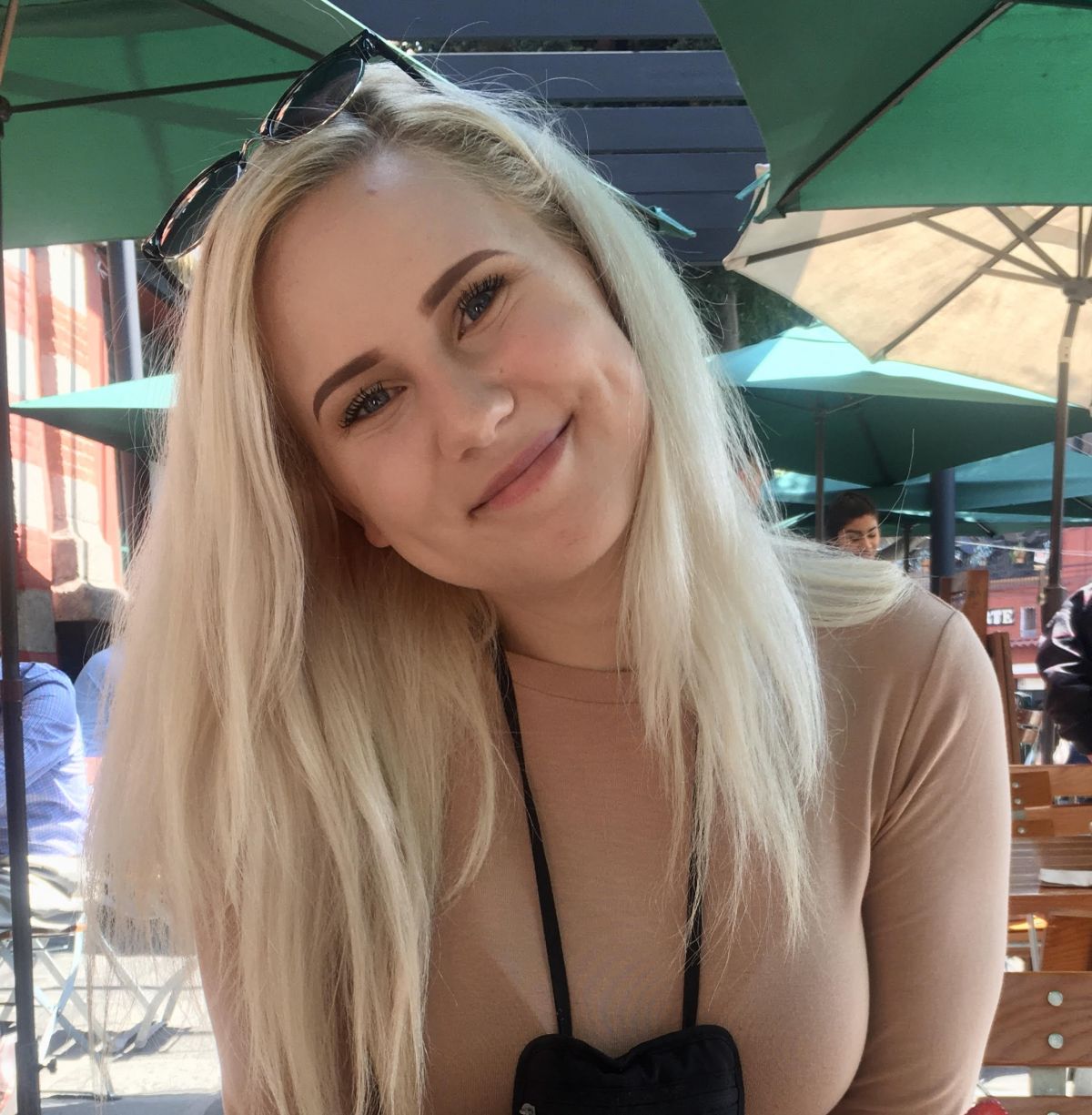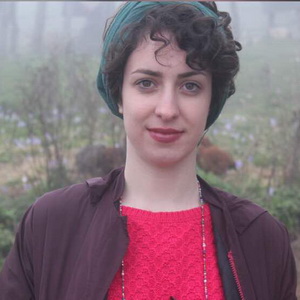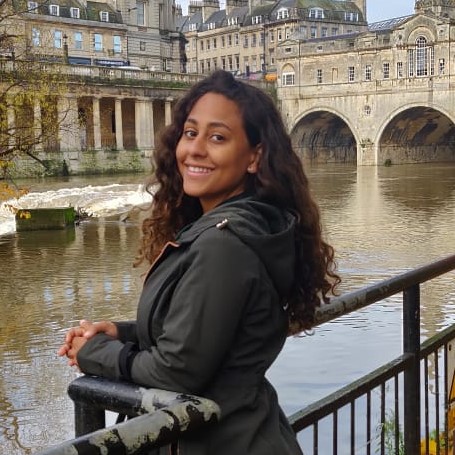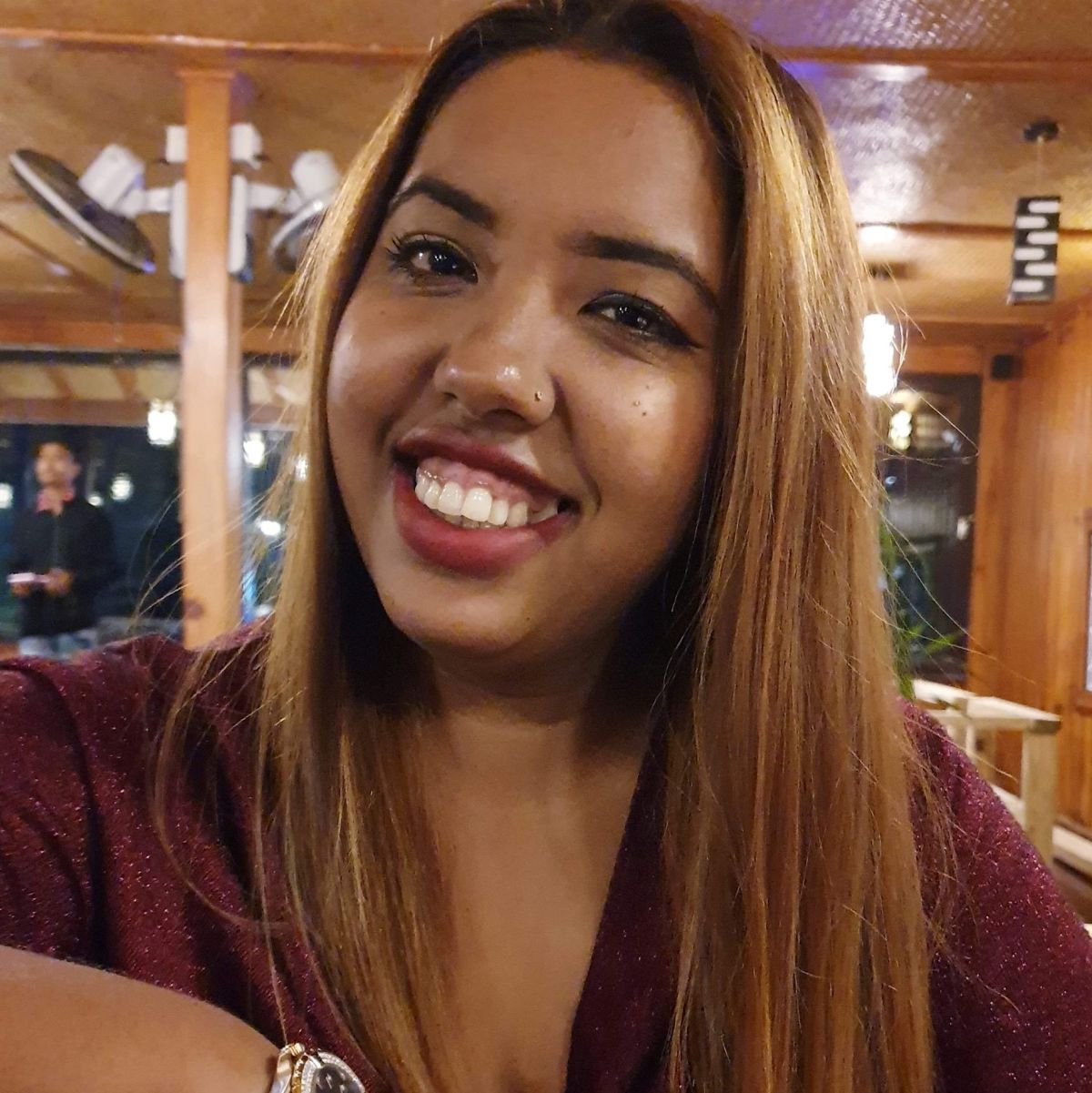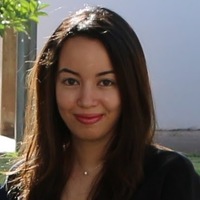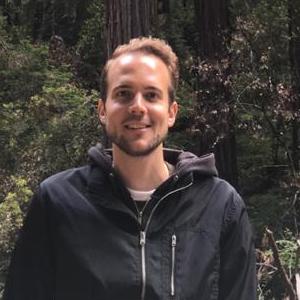Bildet die niederländische Toleranz ein Hindernis für die tatsächliche Akzeptanz von Minderheiten?
Schwule Männer genießen fast die gleichen gesetzlichen Rechte wie Heterosexuelle und werden daher offiziell akzeptiert. Meine persönliche Erfahrung hat mich jedoch gelehrt, dass die soziale Akzeptanz von Homosexualität oft von zahlreichen Bedingungen abhängt.
Netherlands, Western Europe
Eine Geschichte von Hugo Oms. Übersetzt von Veronica Burgstaller
Veröffentlicht am March 27, 2020.
Diese Geschichte ist auch verfügbar in 






Diese Woche gab es in der niederländischen nationalen Zeitung "NRC" einen Artikel über die rassistischen Kommentare, die niederländische Bürger mit chinesischem Hintergrund seit dem Ausbruch des Coronavirus erdulden mussten. Wendy Zeng - eine niederländische Medizinstudentin, deren Eltern aus China stammen - erzählt, wie zwei Jungs künstlich zu husten begannen und dabei "Corona" schrien, als sie den Bus bestieg. Der Radiosender "Radio 10" spielte auch ein Karnevalslied ab, das den Text "die stinkenden Chinesen sind Schuld" enthielt, und in Wageningen wurde eine Wohnung mit Kot beschmiert mit den Worten "Stirbt ihr Chinesen". Wendy war über den Rassismus geschockt, den sie seit Ausbruch des Coronas erlebt hat, und kommt zu dem Schluss, dass sich die Niederländer hinter dem Begriff der Toleranz verstecken. Wendy erklärt, "die Niederländer tolerieren anscheinend alles, was von der Norm abweicht. Offensichtlich weicht das chinesische Volk von dieser Norm ab. Das ist an sich schon ein Problem. Toleranz ist ein Hindernis für die Akzeptanz." Diese Aussage hat mich zum Denken gebracht: Verstecken sich die Niederländer wirklich hinter dem Begriff der Toleranz und bildet dies ein Hindernis für die wahre Akzeptanz von Minderheiten?
Als niederländischer, schwuler Mann stimme ich zweifellos der Aussage von Wendy zu. Schwule Männer genießen fast die gleichen gesetzlichen Rechte wie Heterosexuelle und werden daher offiziell akzeptiert. Meine persönliche Erfahrung hat mich jedoch gelehrt, dass die soziale Akzeptanz von Homosexualität oft von zahlreichen Bedingungen abhängt. Während meiner Teenagerjahre wurde mir oft gesagt was für ein toller Kerl ich bin, weil ich nicht so "extravagant" oder "feminin" bin wie “andere Schwule”. Ich bin mehrmals auf der Straße belästigt worden und wurde sogar aus einem Nachtclub in Rotterdam verwiesen, weil ich Händchen hielt mit meinem Freund. Der Wachmann wollte keine 'küssenden Schwulen' im Club und sagte uns, wir sollten stattdessen in eine Schwulenbar gehen. Als ich mich bei einer meiner früheren Kolleginnen geoutet habe, sagte sie mir, dass es für sie in Ordnung sei, weil ich mich wenigstens nicht so verhalte "wie diese Schwulen, die man im Fernsehen sieht". Die Akzeptanz der LGBTQIA+ Community scheint also von bestimmten Verhaltensnormen abhängig zu sein: Man kann homosexuell sein, solange man nicht zu feminin oder extravagant ist oder es nicht zu sehr öffentlich zeigt. In diesem Sinne scheint meine Homosexualität toleriert zu werden, aber sie wird definitiv nicht immer akzeptiert.
Bedeutet dies, dass die niederländische Toleranz ein Hindernis für die tatsächliche Akzeptanz von Minderheiten in den Niederlanden darstellt? Ich denke schon. Wie Wendy bereits klargestellt hat, impliziert das Wort "Toleranz“, dass eine Gruppe negativ von einer bestimmten Norm abweicht. Das Konzept betont daher diese Unterschiede. Versteht mich nicht falsch: In den Niederlanden leben eine große Vielfalt von Menschen, die alle die Niederlande als ihre Heimat wahrnehmen. Ich frage mich jedoch, ob diese verschiedenen Gruppen miteinander oder nebeneinander leben. Aufgrund unserer multikulturellen Gesellschaft und des rechtlichen Schutzes niederländischer Minderheiten wird häufig davon ausgegangen, dass die Emanzipation von Minderheiten "vollständig erzielt" worden ist. Es kann sein, dass die rechtliche Gleichheit der Minderheiten und die enorme Vielfalt der Menschen dazu geführt haben, dass wir die Notwendigkeit aus den Augen verloren haben, unsere sozialen Unterschiede zu überbrücken und zu akzeptieren, anstatt sie nur zu "tolerieren". Wir sollten daher unseren Schwerpunkt von Toleranz auf Akzeptanz verlagern. Denn solange Menschen wie Wendy weiterhin diskriminierenden Kommentaren ausgesetzt sind, scheint die Emanzipation niederländischer Minderheiten bei weitem nicht erlangt zu sein.
Was macht diese Geschichte mit dir?
Follow-up
Do you have any questions after reading this story? Do you want to follow-up on what you've just read? Get in touch with our team to learn more! Send an email to [email protected].
Unterhalte Dich über diese Geschichte
Please enable cookies to view the comments powered by Disqus.
Subscribe
Melde Dich an für unseren monatlichen Newsletter und bleibe up-to-date mit neuen Geschichten auf Correspondents of the World.
Mehr Geschichten auf Deutsch
Tags
Erkunde andere Themen
Mach mit
At Correspondents of the World, we want to contribute to a better understanding of one another in a world that seems to get smaller by the day - but somehow neglects to bring people closer together as well. We think that one of the most frequent reasons for misunderstanding and unnecessarily heated debates is that we don't really understand how each of us is affected differently by global issues.
Unser Ziel ist es, dies zu verbessern - und zwar mit jeder Geschichte, die wir teilen.
Community Weltweit
Correspondents of the World is not just this website, but also a great community of people from all over the world. While face-to-face meetings are difficult at the moment, our Facebook Community Group is THE place to be to meet other people invested in Correspondents of the World. We are currently running a series of online-tea talks to get to know each other better.












